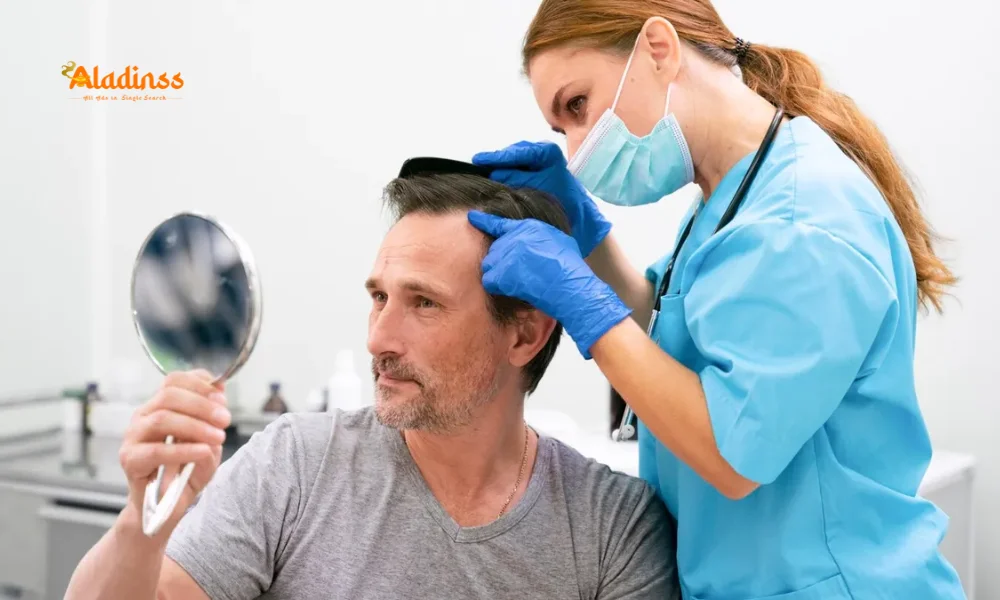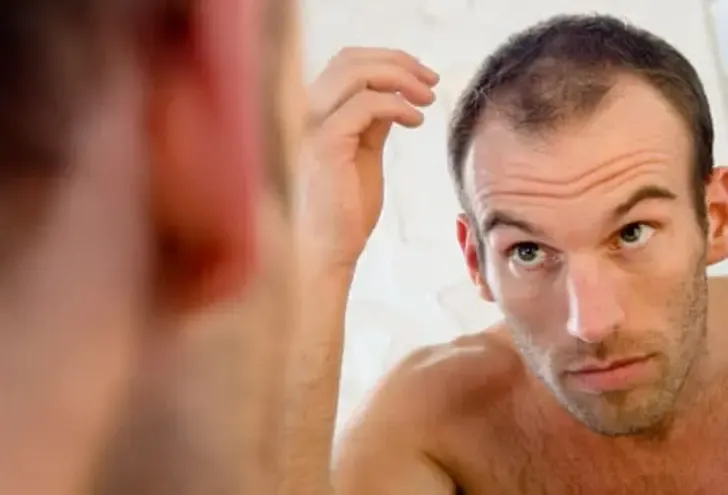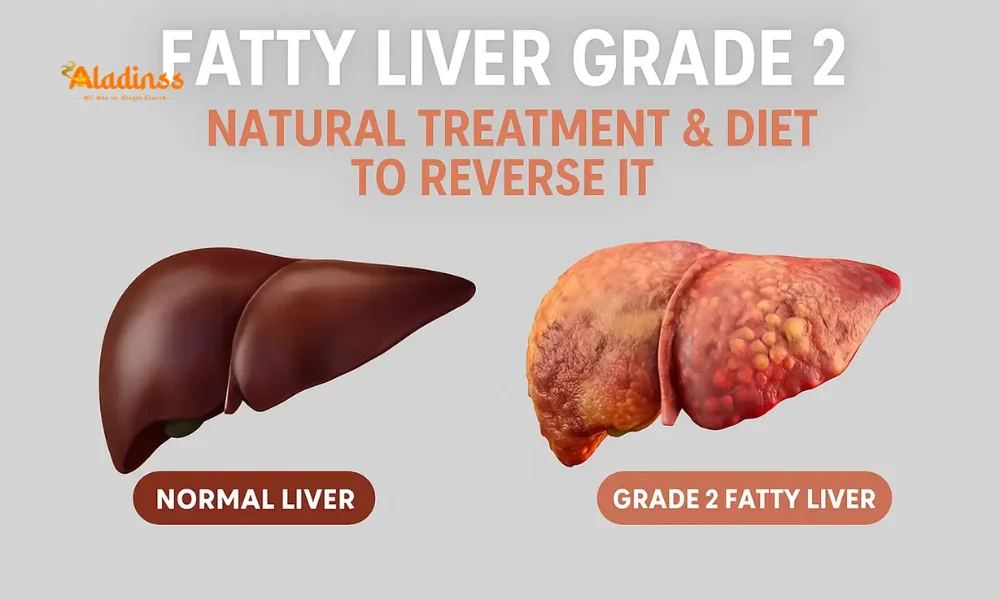Hair Loss Treatments & Male Fertility Risks Revealed

Can Hair Loss Treatments Harm Male Fertility? Key Insights
For men battling hair loss, treatments like finasteride and minoxidil are popular to combat male pattern baldness, but concerns about hair loss fertility risks linger, especially for those planning to start a family. Questions arise: do these therapies affect sperm count or hormone hair loss impact? Experts reveal that while finasteride fertility issues, such as reduced sperm motility, may occur, they’re often reversible. Meanwhile, topical minoxidil safe options pose minimal threats. This article explores the baldness fertility link, offering guidance on safe hair loss options for pregnancy planning.
Dr. Ankush Raut, a fertility specialist at Apollo Fertility in Mumbai, cites studies showing finasteride’s potential to lower ejaculate volume finasteride and sperm concentration. However, Dr. Kalyani Shrimali from Nova IVF in Indore emphasizes that these reversible sperm effects typically resolve upon discontinuation. With androgenetic alopecia affecting millions, understanding dutasteride sperm impacts and safer alternatives like PRP hair treatment or low level laser therapy hair is crucial for men prioritizing reproductive health.

The interplay of hair loss treatments and male fertility hinges on hormonal dynamics. Finasteride, a DHT blocker fertility concern, reduces dihydrotestosterone by up to 90%, potentially causing sexual side effects finasteride like decreased libido. Yet, topical solutions and natural hair remedies fertility options, such as caffeine shampoo fertility or pumpkin seed oil hair, offer hope without compromising semen parameters.
How Finasteride and Dutasteride Affect Sperm Health
Finasteride, widely prescribed for male pattern baldness sperm count concerns, targets DHT, a hormone linked to hair loss and prostate issues. Dr. Raut notes a National Library of Medicine study indicating finasteride fertility risks, including reduced sperm count hair loss and oligospermia finasteride in some men. These effects, while concerning, are often temporary, with azoospermia recovery possible after stopping the drug.
Dutasteride, another prostate meds fertility drug, mirrors finasteride’s DHT reduction, potentially impacting sperm motility and volume. A 2017 review highlights that men with pre-existing low sperm counts face higher risks, though those with normal semen parameters rarely experience significant fertility declines. Dr. Shrimali adds, “Testosterone levels may slightly rise as less is converted to DHT, but sexual side effects finasteride like libido dips can occur.”
For men planning conception, experts recommend a semen analysis before hair treatment to monitor changes. High doses or prolonged use amplify dutasteride male fertility risks, making short-term or alternative therapies preferable for those prioritizing fatherhood.
Minoxidil and Topical Treatments: Safer for Fertility?
Unlike oral medications, topical minoxidil safe treatments work locally, boosting blood flow to hair follicles without altering hormones. Dr. Raut confirms that minoxidil no hormone effects make it a low-risk choice, with studies showing no impact on sperm motility minoxidil or quality. “Topical therapies have minimal systemic absorption, ensuring they don’t disrupt male fertility,” Dr. Shrimali explains.
This makes minoxidil a go-to for men seeking safe hair loss options pregnancy planning. Other topical solutions, like caffeine shampoo fertility blends or plant oils hair loss safe men, such as pumpkin seed oil hair, further reduce risks by avoiding hormonal pathways. These options stimulate growth externally, preserving semen parameters for those planning families.
- Minoxidil enhances scalp circulation without systemic hormone changes.
- Caffeine-based shampoos promote growth with no fertility impact.
- Plant oils like pumpkin seed support hair health naturally.
- Topical finasteride sperm safe options show reduced systemic effects.
For men wary of hormonal imbalance hair loss men, these non-invasive treatments offer peace of mind, ensuring hair restoration doesn’t compromise reproductive goals.
Non-Hormonal Alternatives for Hair Regrowth
For couples focused on conception, non-hormonal options like PRP hair treatment and low level laser therapy fertility stand out. PRP therapy fertility impact is negligible, using platelet-rich plasma to stimulate follicles without affecting hormones. Dr. Raut praises its efficacy, noting it promotes regrowth while being fertility-safe.
Hair transplant fertility concerns are also minimal, as the procedure relocates follicles without systemic drugs. Hair exosomes fertility, though experimental, show promise for growth stimulation without hormonal interference. Laser combs hair growth fertility devices, like low-level laser therapy hair, enhance blood flow to follicles, offering a safe, non-invasive path for men prioritizing sperm health.
Dr. Shrimali advocates for these methods, stating, “They avoid DHT blocker fertility risks, making them ideal for men planning to conceive.” Combining these with biotin supplements fertility men or nutrient diet hair loss strategies amplifies results without jeoparding reproductive concerns.
Lifestyle Factors to Support Hair and Fertility Health
Beyond treatments, lifestyle hair fertility plays a pivotal role. Dr. Shrimali stresses stress management hair and nutrient-rich diets to bolster both hair and reproductive health. Biotin male fertility, found in eggs and nuts, supports follicle strength, while antioxidants combat oxidative stress impacting sperm.
- Incorporate biotin-rich foods like eggs, nuts, and avocados for hair health.
- Practice stress management hair techniques like meditation to reduce cortisol.
- Maintain a nutrient diet hair loss with zinc and omega-3s for sperm vitality.
- Regular exercise boosts circulation, aiding follicles and reproductive function.
These habits enhance natural hair remedies fertility, offering holistic support. Men with concerns should consult dermatologist fertility hair loss experts alongside fertility specialists to tailor plans, ensuring treatments align with family goals.
Navigating Hair Loss Treatments with Fertility in Mind
The baldness fertility link requires careful navigation, especially for men aiming to conceive. While finasteride reduce sperm volume risks exist, their reversibility offers reassurance. Dr. Raut advises, “Men with normal sperm counts face minimal issues, but those with oligospermia should avoid oral DHT inhibitors.” Monitoring via semen analysis hair loss checks ensures early detection of changes.
For those prioritizing fatherhood, topical minoxidil safe options, PRP therapy, and hair transplant safe conception routes are ideal. Emerging hair exosomes experimental fertility treatments hold potential but need further study. Laser combs hair growth fertility devices provide additional non-hormonal support, ensuring hair regrowth doesn’t jeopardize reproductive goals.
Collaboration between dermatologists and fertility experts is key. Dr. Shrimali recommends, “Baseline semen analysis before hair treatment helps track impacts, allowing tailored adjustments.” Men should discuss timelines, pausing oral medications if conception is imminent, and opt for plant oils hair loss safe men or caffeine shampoo sperm health products for worry-free regrowth.
The journey to balance hair restoration with male fertility hair loss goals is achievable with informed choices. While finasteride libido decrease fertility concerns are real, their impact is often temporary, and alternatives abound. By prioritizing topical treatments, non-hormonal therapies, and lifestyle hair fertility tweaks, men can pursue fuller hair without sacrificing dreams of fatherhood. Consulting specialists ensures a personalized approach, blending aesthetics with reproductive health seamlessly.
Comment / Reply From
No comments yet. Be the first to comment!






